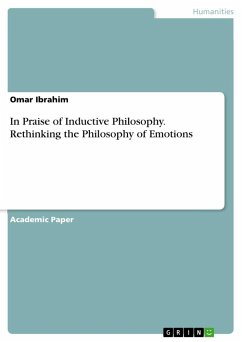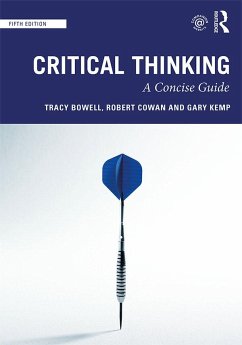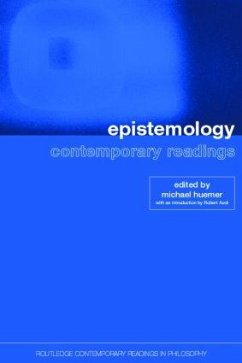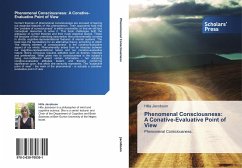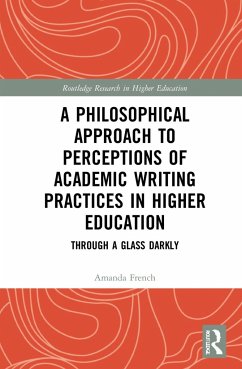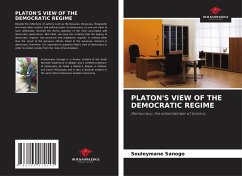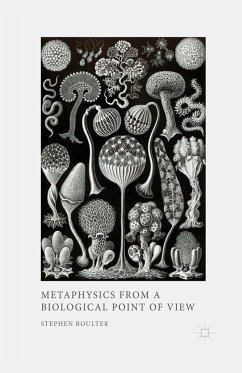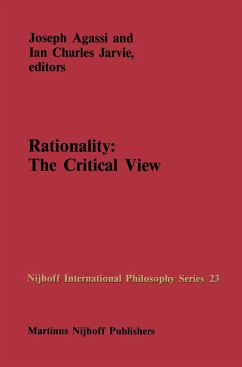
A New View on Inductive Practices
Projectibility and Explainability or How to Draw a New Picture of Inductive Practices
Versandkostenfrei!
Versandfertig in 6-10 Tagen
52,99 €
inkl. MwSt.

PAYBACK Punkte
26 °P sammeln!
The idea that reason can justify induction was famously criticized by David Hume. Hume concluded that there is no rational justification for inductive inferences and hence, no rational justification for most of our daily beliefs. Many philosophers attempted to solve Hume's problem with no success. Bertrand Russell commented regarding Hume's problem: "[if we cannot justify induction] we have no reason to expect the sun to rise tomorrow, to expect bread to be more nourishing than a stone, or to expect that if we throw ourselves off the roof we shall fall."The New Riddle of Induction was introduc...
The idea that reason can justify induction was
famously criticized by David Hume. Hume concluded
that there is no rational justification for
inductive inferences and hence, no rational
justification for most of our daily beliefs. Many
philosophers attempted to solve Hume's problem with
no success. Bertrand Russell commented regarding
Hume's problem: "[if we cannot justify induction] we
have no reason to expect the sun to rise tomorrow,
to expect bread to be more nourishing than a stone,
or to expect that if we throw ourselves off the roof
we shall fall."
The New Riddle of Induction was introduced by Nelson
Goodman in his book Fact, Fiction and Forecast,
published in 1954. Goodman's problem raised some
serious doubts about our ability even to describe
inductive principles.
In this Book Rami Israel is attempting to solve Both
Hume's and Goodman's philosophical problems by
introducing a new approach to the subject and by
drawing a new picture of our inductive practices.
famously criticized by David Hume. Hume concluded
that there is no rational justification for
inductive inferences and hence, no rational
justification for most of our daily beliefs. Many
philosophers attempted to solve Hume's problem with
no success. Bertrand Russell commented regarding
Hume's problem: "[if we cannot justify induction] we
have no reason to expect the sun to rise tomorrow,
to expect bread to be more nourishing than a stone,
or to expect that if we throw ourselves off the roof
we shall fall."
The New Riddle of Induction was introduced by Nelson
Goodman in his book Fact, Fiction and Forecast,
published in 1954. Goodman's problem raised some
serious doubts about our ability even to describe
inductive principles.
In this Book Rami Israel is attempting to solve Both
Hume's and Goodman's philosophical problems by
introducing a new approach to the subject and by
drawing a new picture of our inductive practices.




